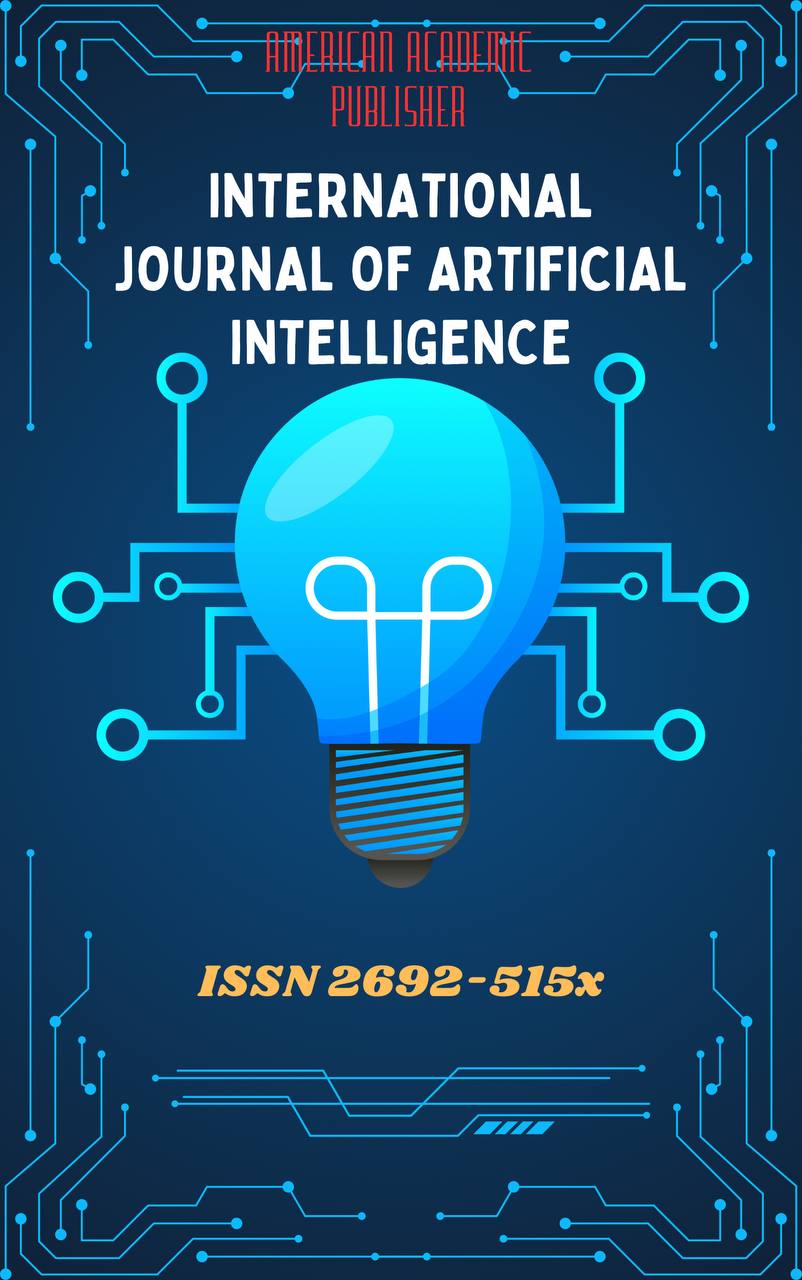 Articles
| Open Access |
Articles
| Open Access | THE IMPACT OF DIGITAL LITERACY ON STUDENTS’ ACADEMIC SUCCESS AND CAREER READINESS
Nozimjon Khamdamov , Fergana State Technical UniversityAbstract
In today’s rapidly evolving digital world, students’ ability to navigate technology has become essential for academic and professional success. This study explores how digital literacy influences students’ academic achievements and readiness for future careers, focusing on first-year students at Fergana State Technical University. Using a combination of surveys, digital skills assessments, and interviews with students, teachers, and employers, the research reveals a strong connection between digital literacy and academic results (r = 0.78, p < 0.01). The findings highlight the need for universities to provide structured digital literacy education to prepare students for the digital demands of the modern workplace. Key recommendations include embedding digital literacy into curricula, improving access to technology, and strengthening ties between universities and employers to align education with job market needs.
Keywords
digital literacy, higher education, academic success, career readiness, Uzbekistan
References
American Psychological Association. (2020). Publication manual of the American Psychological Association (7th ed.). APA.
International Computer and Information Literacy Study (ICILS). (2021). Global report on digital skills in education. Retrieved from https://www.iea.nl
Livingstone, S., & Helsper, E. (2020). Digital literacy and student performance: A systematic review. Journal of Educational Technology & Society, 23(4), 45-59.
Microsoft Education. (2022). Digital transformation in higher education: The role of technology in learning. Retrieved from https://education.microsoft.com
OECD. (2021). 21st-century digital skills and education: Bridging the digital divide. OECD Education Working Papers, No. 251. https://doi.org/10.1787/251-en
Stanford Graduate School of Education. (2022). Media literacy and critical thinking in university students. Retrieved from https://ed.stanford.edu
U.S. Department of Education. (2021). The role of digital literacy in higher education and workforce readiness. National Center for Education Statistics (NCES) Report.
UNESCO. (2021). Digital education in the 21st century: Policy frameworks and case studies. Retrieved from https://unesdoc.unesco.org
World Economic Forum. (2021). The future of jobs: Digital literacy as a key competency. Retrieved from https://www.weforum.org
Zhong, L., & Su, Y. (2021). Digital literacy and its impact on career preparedness among university students. Higher Education Research & Development, 40(3), 231-248. https://doi.org/10.1080/07294360.2021.1893476
Nurdinbekovich, H. N. (2023). Mustaqil ta’limni samarali tashkil etish orqali texnologiya sohasida kadrlar sifatini oshirish. Pedagogik ixtirolar va amaliyotlar jurnali, 21, 62-65.
Nurdinbekovich, K. N. (2023). Improving the Quality of Personnel in the Field of Technology Through the Effective Organization of Independent Education. Journal of Pedagogical Inventions and Practices ISSN NO, 2770, 2367.
Shakhodjaev, M. A., & Khamdamov, N. Modern teaching methods using didaktig aids (on the example of practical and laboratory classes. ACADEMICIA: An International Multidisciplinary Research Journal, 10, 1229-32.
Sharabidinovna, O. U. (2023). Development of Independent Activity of Students in Teaching English as A Specialty. European Journal of Pedagogical Initiatives and Educational Practices, 1(3), 50-55.
Оrunbоyevа U. S. Structuring оf teаching аnd leаrning аctivities //Central Asian Research Journal for Interdisciplinary Studies (CARJIS). – 2022. – Т. 2. – №. 5. – С. 380-383.
Гулямова, М., & Отунбаева, У. (2024). O ‘qish qobiliyatini rivojlantirishda metakognitiv o ‘qish strategiyalarining o ‘rni. Лингвоспектр, 2(1), 120-121.
Khamdamov, N. N. (2024). Strategies to Improve Students’ Digital Literacy in Higher Education. Educ Res Universal Sci, 3(6), 243-8.
Шаходжаев, М. А. (2020). Self-education and methods of its organization in the technical branches of education. Scientific Bulletin of Namangan State University, 2(6), 426-432.
Article Statistics
Downloads
Copyright License

This work is licensed under a Creative Commons Attribution 4.0 International License.

